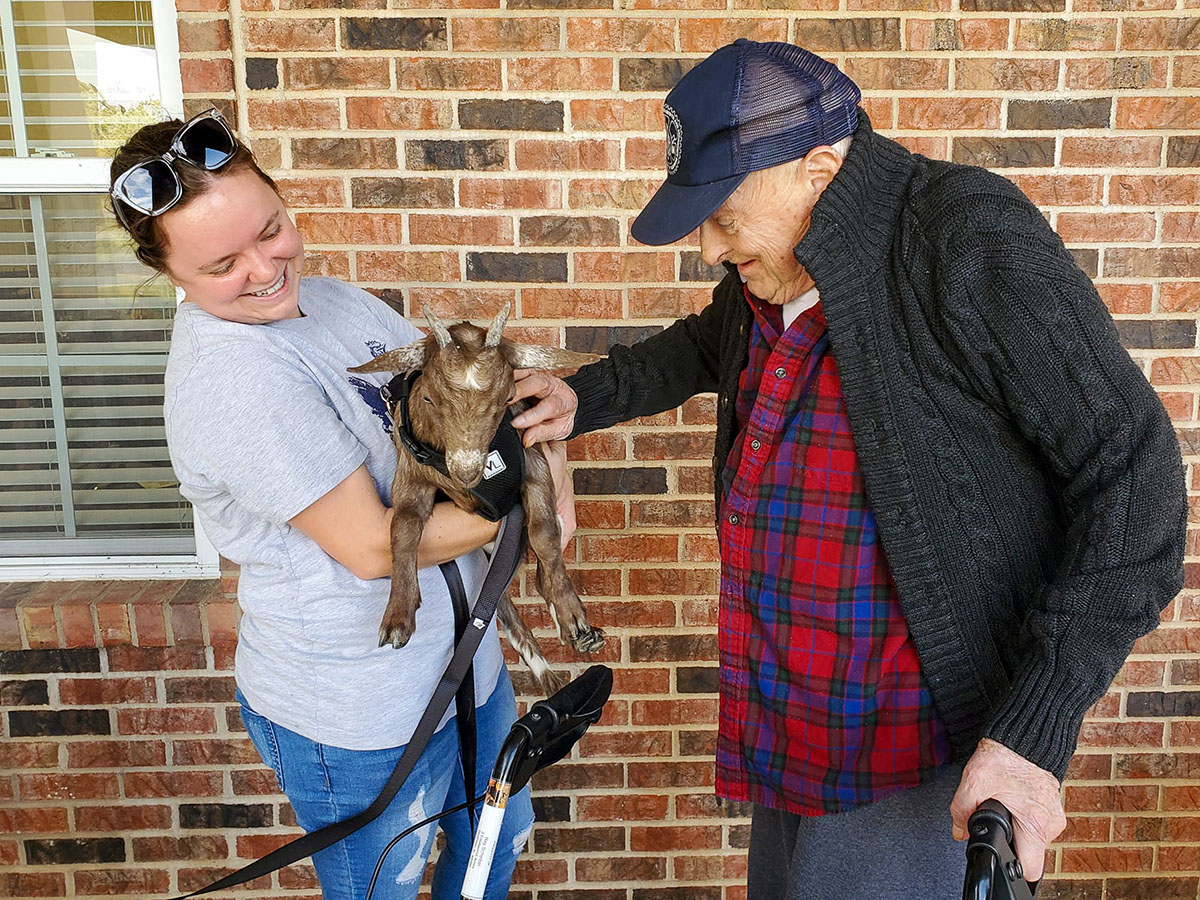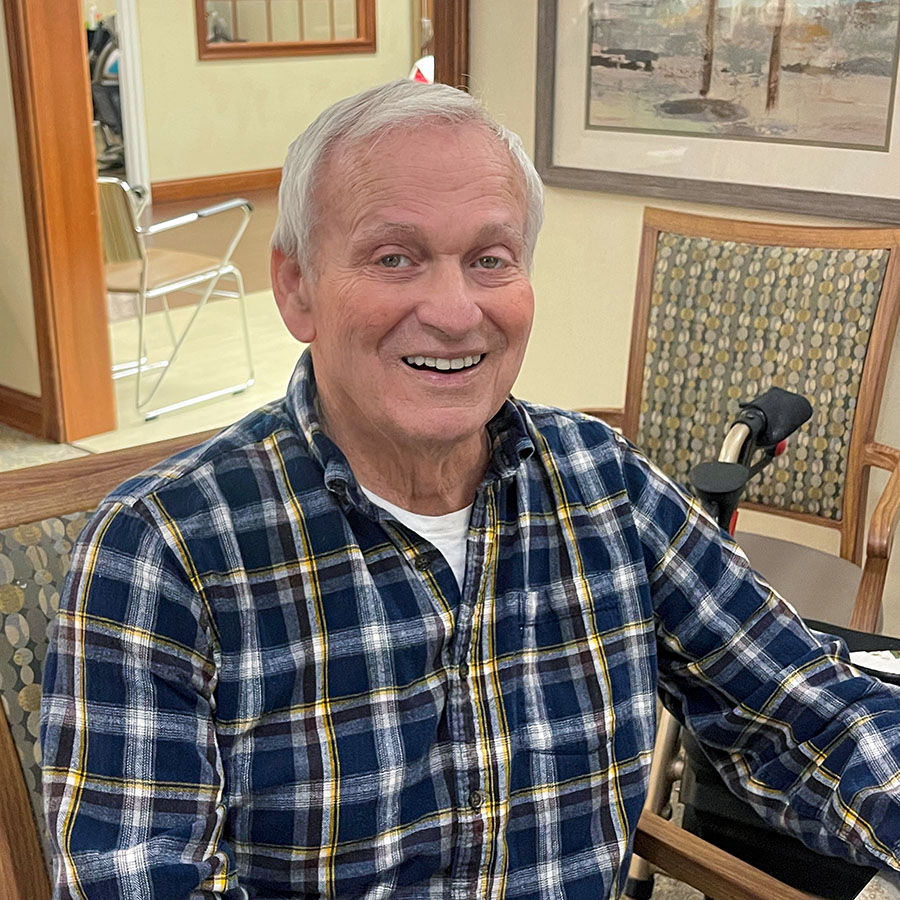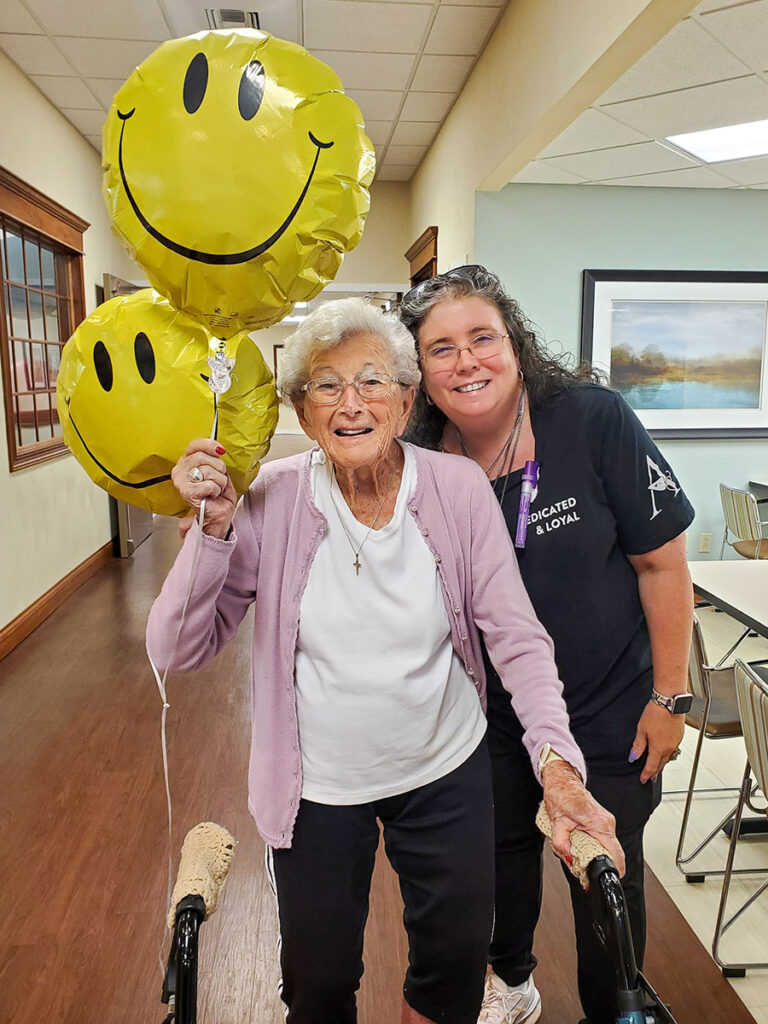
February 23, 2024
As the global population ages, it will bring both opportunities and challenges for senior living. The projected number of Americans aged 65 and older is expected to double from 46 million to over 98 million by 2060. It will be the first time in history the number of older adults outnumbers children under age five. In addition, older adults will live longer than ever before. One out of every four 65-year-olds today will live past age 90. These remarkable gains are due to improved public health, better nutrition, and better healthcare.
With many people now expected to live into their nineties or beyond, there will be many new challenges and questions to answer. Even though people are living longer, they are not necessarily living healthier. The nature of the assisted living prospect has changed dramatically over the past 15 years, with even greater changes to come. The senior living industry, including Cedar Trails Senior Living, will need to consider ways to adapt to residents with more complex and extended chronic care needs.
Some ways to adapt to residents with more complex needs include additional staff training. Not only will staff need the skills to care for residents progressing in their disease processes, but they will also need to understand how to quickly identify changes in their condition. Being proactive in this effort will allow teams to provide the care the residents need precisely when they need it.
Third-party vendors will be crucial to helping our assisted living staff be proactive.

The following will be crucial for caring for a resident population:
These vendors provide resident-specific care needed to help older adults continue to thrive in the assisted living environment.
We must prioritize training for our care staff to adapt to the aging population’s complex chronic care needs. This training should cover the disease process, including what to expect, changes in conditions, and how to handle them effectively.
Strategies for Promoting Optimal Health Among Residents
We can better equip our staff to care for a high-need population by ensuring they grasp the disease process and its symptoms. It’s crucial to emphasize that the manifestation of the disease can vary for each resident, requiring a personalized approach to care and observation. We prepare them to be proactive instead of reactive in response to resident changes or declines. This approach fosters residents’ higher function and health, enhancing their overall well-being and quality of life.
It is more important than ever to take a proactive approach when a change in condition occurs with a resident. To ensure our teams recognize even small changes within residents, we must be appropriately oriented to the residents. We’ll educate our staff on clinical signs and even non-clinical indicators of resident issues. Utilizing our Stop and Watch Tool could prevent the resident from getting sicker or being hospitalized if we catch it early and treat it proactively.
Once a change is identified, the appropriate next steps are to assess the resident, obtain vitals, place them on monitoring if indicated, and notify their doctor and family. We need to get to the root of the problem before it progresses.
Caring for a sicker population in an assisted living setting is a challenging issue that requires a multifaceted approach. Aging in place is an important goal for an older adult and should also be a priority of the senior living industry. To meet this goal, we must ensure we can fulfill the needs of our aging residents.

Cedar Trails Senior Living in Freeburg, IL offers independent senior apartments, assisted living, and memory care with a variety of services and a range of floor plan options. Amenities include restaurant dining, 24-hour bistro, concierge service, housekeeping, events and entertainment, personal care, transportation services, and more. Centrally located near St. Elizabeth’s Hospital with convenient access to major shopping centers, including The Orchards Golf Club, Target, Eckerts Belleville Farm, Braeutigam Orchards, and the Belle Clair fairgrounds & Expo Center.